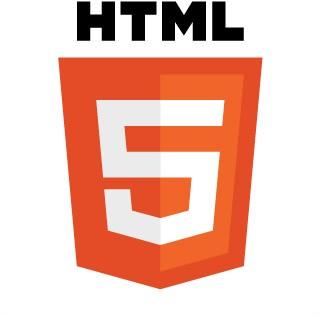The Following story was published at Oreilly Radar:
A couple weeks ago, MIT Technology Review’s editor in chief and publisher Jason Pontin wrote a piece about killing their app and optimizing their website for all devices with HTML5. That same week, Lonely Planet’s Jani Patokallio predicted that HTML5 would nudge out the various ebook formats. This week, Wired publisher Howard Mittman shot back in an interview with Jeff John Roberts at PaidContent, insisting that apps are the future, not HTML5.
Roberts reports that “[Mittman] believes that HTML5 will just be part of a ‘larger app experience’ in which an app is a storefront or gateway for readers to have deeper interactions with publishing brands.” I’m not sure, however, that readers need yet another gateway (read: obstacle) to their content, and recent movements in the publishing industry suggest HTML5 may be the more likely way forward.
This week, Inkling founder and CEO Matt MacInnis announced the launch of Inkling for Web, an HTML5-based web client that brings Inkling’s iPad app features to any device with a browser. The app and HTML5 technology in this case are intertwined — all content previously owned in the app can now also be accessed via the web, and activity will sync between the app and the web, so notes made on the web will appear in the iPad app and vice versa. MacInnis says in the announcement that the launch is a big part of the company’s overall vision to provide service to anyone on any device they choose, one of the major benefits of choosing HTML5 technology.
Also this week, OverDrive announced plans to launch OverDrive Read, an open standard HTML5/EPUB browser-based ebook platform that will allow users to read ebooks online or offline, without having to install software or download an app. Dianna Dilworth at GalleyCat reports on additional benefits for publishers: “Using the platform, publishers can create a URL for each title. This link can include book previews and review copies, as well as browsing capabilities and sample chapters.”
In the end, it will all come down to what it always comes down to: money. Roger McNamee’s latest piece, “HTML 5: The Next Big Thing for Content,” takes a very thorough look at HTML5 in general and specifically in relation to content publishing (this week’s must-read). As to money, this excerpt stood out:
“The beauty of these new [HTML5] ‘app’ models is that each can [be] monetized, in most cases at rates better than the current web standard. Imagine you are reading David Pogue’s technology product review column in the New York Times. Today, the advertising on that page is pretty random. In HTML 5, it will be possible for ads to search the page they are on for relevant content. This would allow the Times to auction the ad space to companies that sell consumer electronics, whose ads could then look at the page, identify the products and then offer them in the ad.”
As it becomes more and more likely that ads will be incorporated as a revenue stream in ebooks, publishers will embrace whatever technology draws the shortest line and the most avenues between content and revenue, which at this point is looking more and more like HTML5.
Source O’Reilly Radar


















